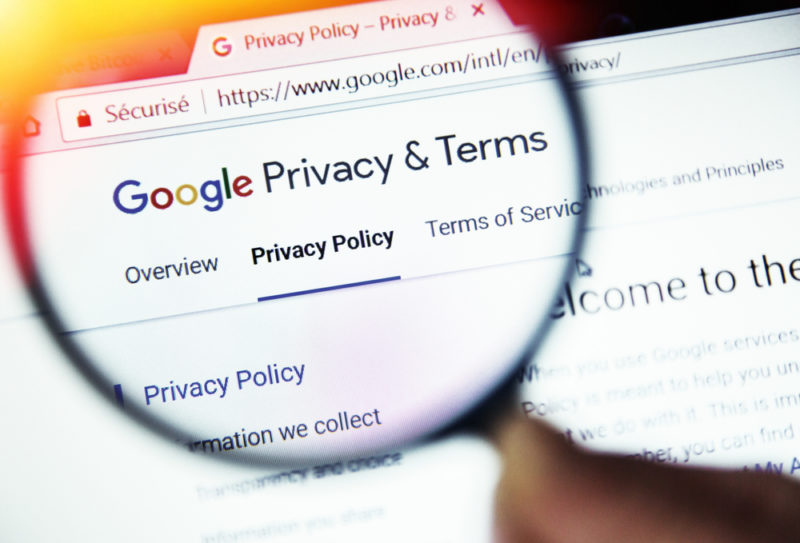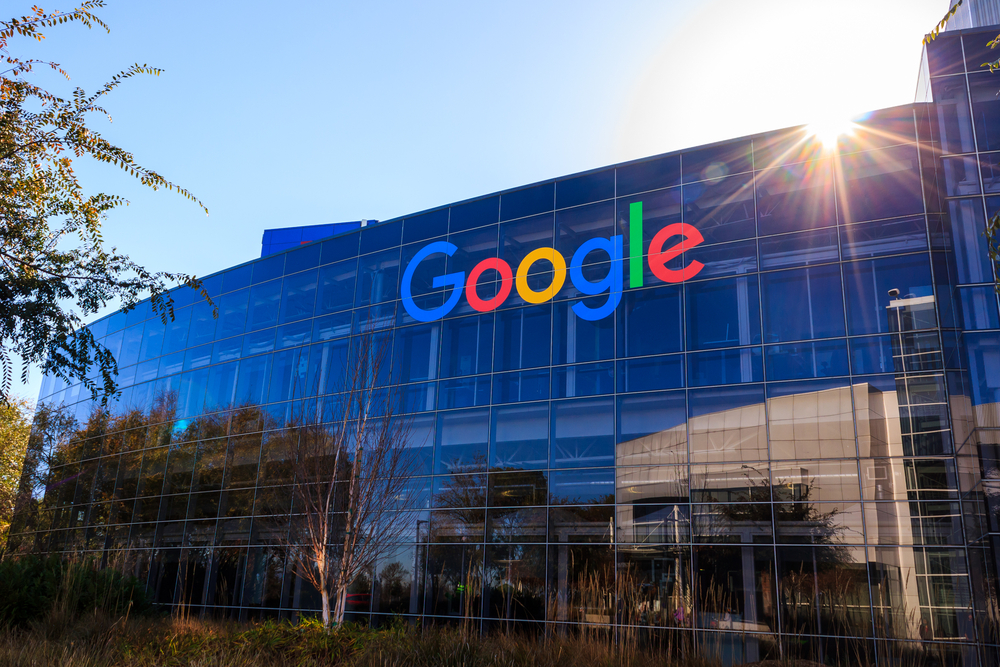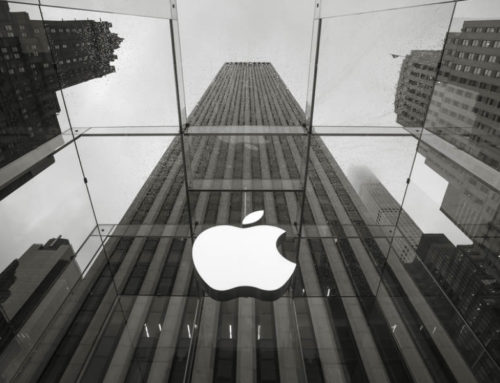Earlier this fall we took a look at Apple’s September 2018 event where they introduced new iPhones and, more critically for our work in digital health, the Apple Watch Series 4 that featured several innovative health features. Now that Apple has had its moment in the spotlight, we turn to Google and their October product event. There were several leaks in the weeks leading up to the event, including information on their new Pixel 3 flagship phones and the Pixel Slate tablet that Google hopes will compete with Apple’s iPad Pro line. Conspicuously absent, though, were any leaks related to Google-manufactured wearables or even Google Fit, the health tracking app that ships on most Android phones.
So, did Google surprise the digital health sector with a surprise wearable, or some new health-oriented functionality on any of their new phones? The short answer to that question is a resounding NO! In fact, other than a few quick nods to tracking and reducing screen time, digital health was never mentioned in the hour-long event (and cynics will note that Google spent much more time introducing new categories of screens than they did explaining steps they were taking to limit screen time!). Even though digital health wasn’t mentioned in the keynote, a closer examination of what Google presented (and also what they didn’t present) gives insight into what they might be thinking and planning for the future.
Google is (still) more interested in data than in hardware
When Steve Jobs introduced the iPhone in 2007, he framed it with a quote from the computer science pioneer Alan Kay who remarked, “People who are really serious about software should make their own hardware.” That reliance between hardware and software integration gave Apple a distinct advantage over early Android devices that used Google’s operating system on their own hardware (to varying degrees of success). For several years Google partnered with other hardware manufacturers on its Nexus line of budget-friendly phones and tablets before finally introducing its flagship Pixel phone to compete with the iPhone in 2016. While Google did present new premium hardware at their October 2018 event, the real focus was on artificial intelligence and software. From new machine learning camera technology to AI technology to screen spam calls, Google seemed to be screaming from the mountaintops that their new devices were really just conduits to deliver its software and information services.
This might explain, at least in part, why we didn’t see any new wearables from Google—while phone design and technology have matured to the point where the casual consumer might not be able to tell the difference between a flagship phone from Google, Apple, Samsung or HTC, wearable technology is still in its infancy. Google’s operating system for wearable devices was launched in 2014 and includes remote patient monitoring functionality but has never proven to be a serious alternative to the Apple Watch or devices from Garmin and FitBit. As Samsung begins to develop its own ecosystem of wearable, it seems possible that Google has decided not to make a serious investment in wearable hardware or software, but instead invest in its analytic platforms to aggregate and display health data with Google Fit.
Even though Google never explicitly tied their advances in artificial intelligence and machine learning to wearable technology, it seems more likely than not that Google’s data analytics work will eventually begin utilizing patient-generated health data, even if the data itself is collected via a competitor’s device.
Google’s emphasis on hardware, at the expense of software, also falls in line with their previous comments on health and medical technology. Careful observers of Google I/O, Google’s annual developer conference, will remember that projects featuring ways artificial intelligence and machine learning are being used to scan health data and images for early diagnosis have been featured in both 2017 and 2018. Cautious observers will also recognize the overlap between technology Google showed off to scan retina images for diabetic retinopathy in 2017 and the machine learning tools for digital photography that Google announced at this latest event.
Privacy and security are on Google’s mind
Less than 24 hours before executives went on stage to show off new hardware, news leaked that Google’s struggling social media platform, Google+, would be shutting down after a software vulnerability exposed the personal data of nearly 500,000 users earlier in the year. It was an embarrassing moment in what has widely described as an annus horribilis for data security in the tech industry—from Facebook’s Cambridge Analytica scandal to Panera’s data breach involving over 30 million customers, consumer trust in the tech industry to protect sensitive data is as low as it’s ever been.
It’s unlikely that Google’s October event was substantially changed in reaction to the Google+ breach, but security was one of the focal points throughout the presentation. New Google phones and tablets will include Titan technology, specifically a dedicated chip that helps to strengthen device encryption and protect the operating system from external vulnerabilities. This is the same kind of technology that is already widely integrated into financial technology and will likely soon be used to protect medical records and other sensitive health data.
Google also framed their data collection as critical in creating a personalized, more helpful Google. It was a convincing pitch that used the same language and vocabulary that we see advocates of personalized health use. It remains to be seen, however, if Google can be both a trustworthy and helpful steward of sensitive health data.
Looking forward
The elephant in the room, of course, is when (or if) Google will announce integration into electronic medical records, as Apple has already done with its HealthKit app. It’s a question that has been met with radio silence, even as Google quietly builds out its Google Fit API and works
with developers to offer Google Fit integration with leading health and wellness platforms. It’s unclear at this point whether Google is secretly developing a strategy and tools that will radically alter the health and wellness sectors with this kind of integration, or if it’s merely waiting for the digital health sector to mature before deciding how it will engage. It’s also possible that the most interesting digital health advances will come instead from Google’s sister company Verily, the Alphabet-owned medical research and development group. Regardless of what comes out of Mountain View in the coming months and years, though, Google’s ecosystem of mobile devices, advanced analytics and development platforms look to play a major role in the evolution of the digital health sector.
Help your patients understand how their lifestyle impacts their health by encouraging them to use our data-driven lifestyle management platform. With HealthSnap, you can easily view and understand your patient’s lifestyle health in a tangible report and make data-driven care decisions based on lifestyle data. Sign up for a FREE today by clicking here and make the lifestyle conversation easy!





